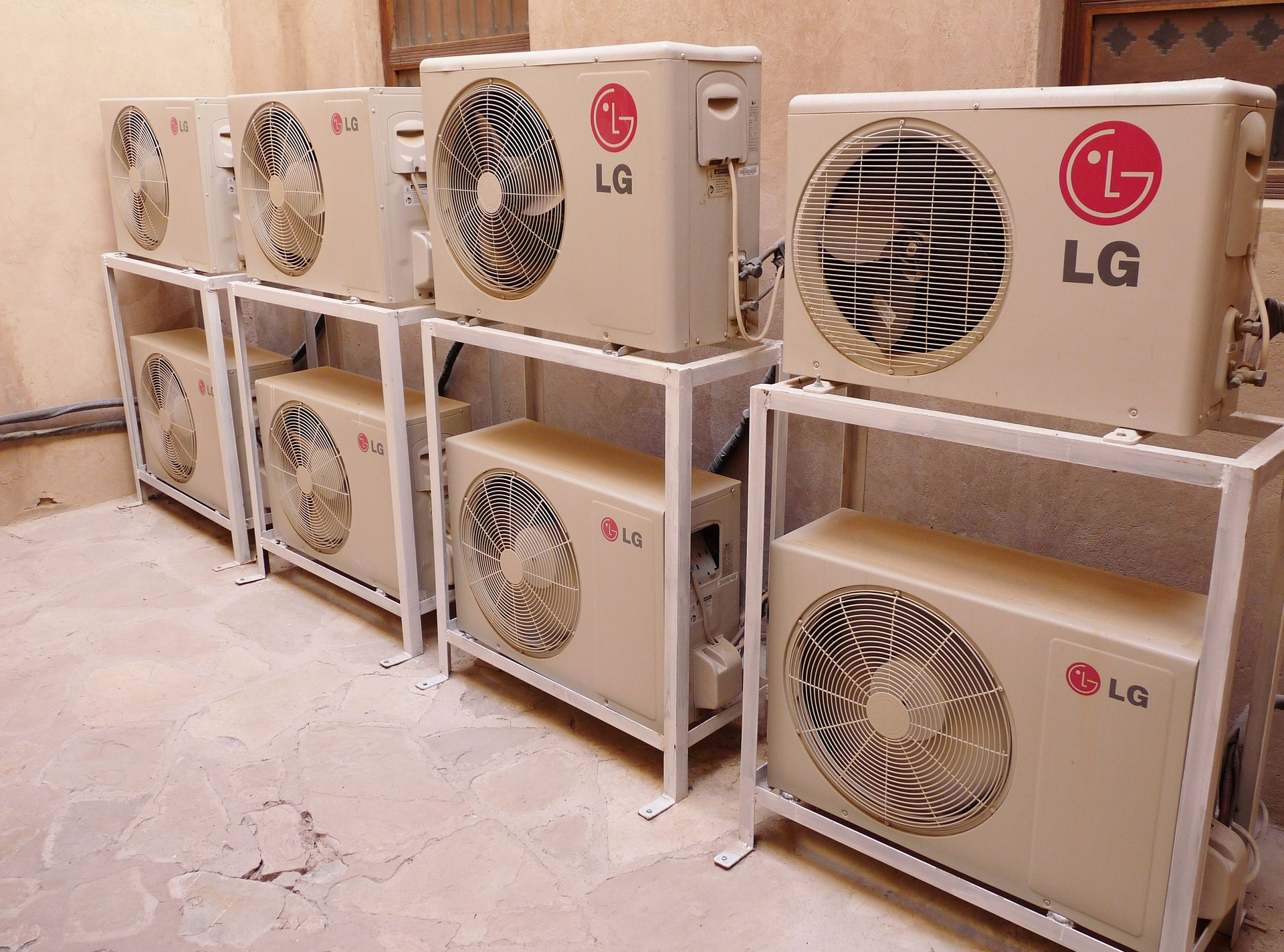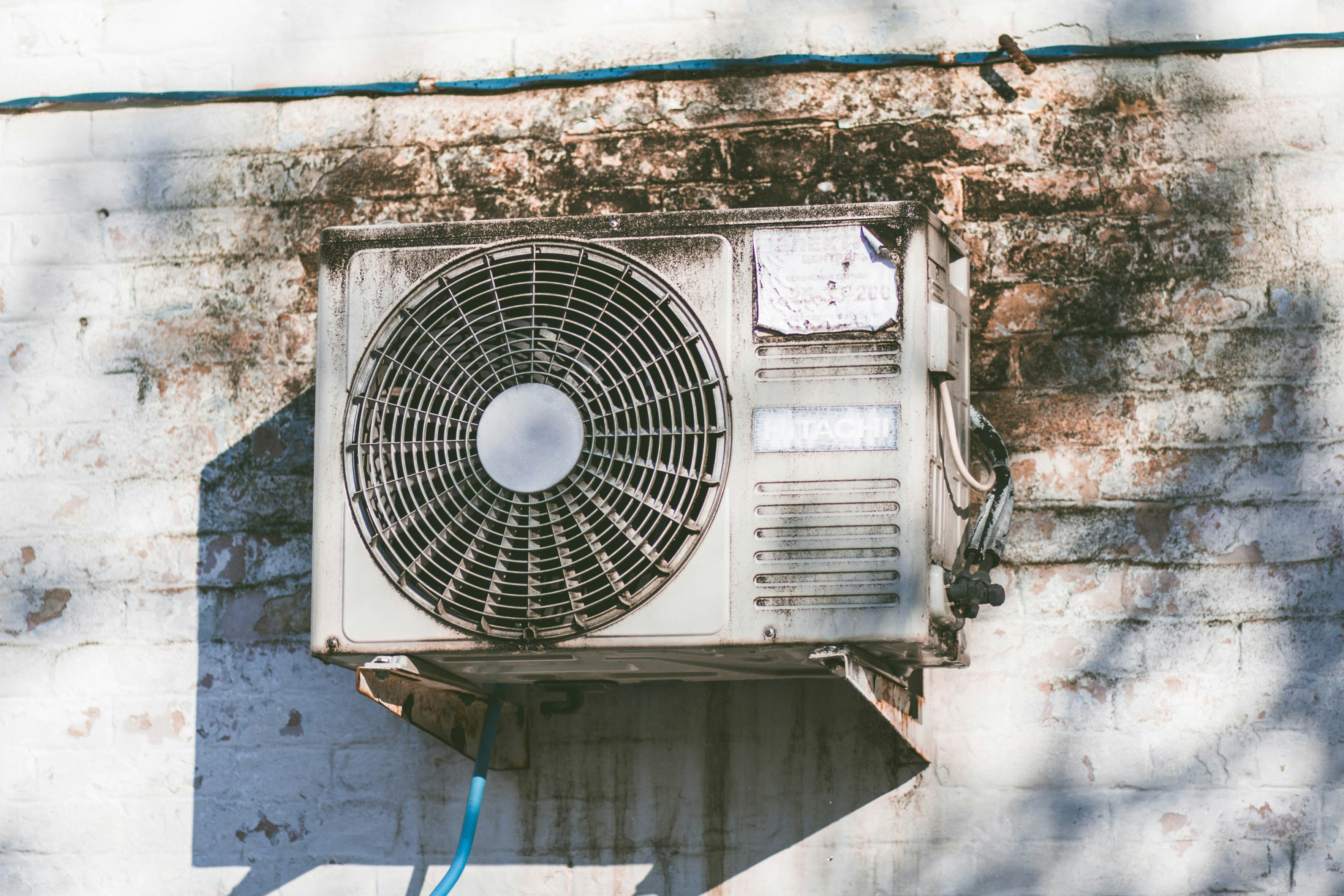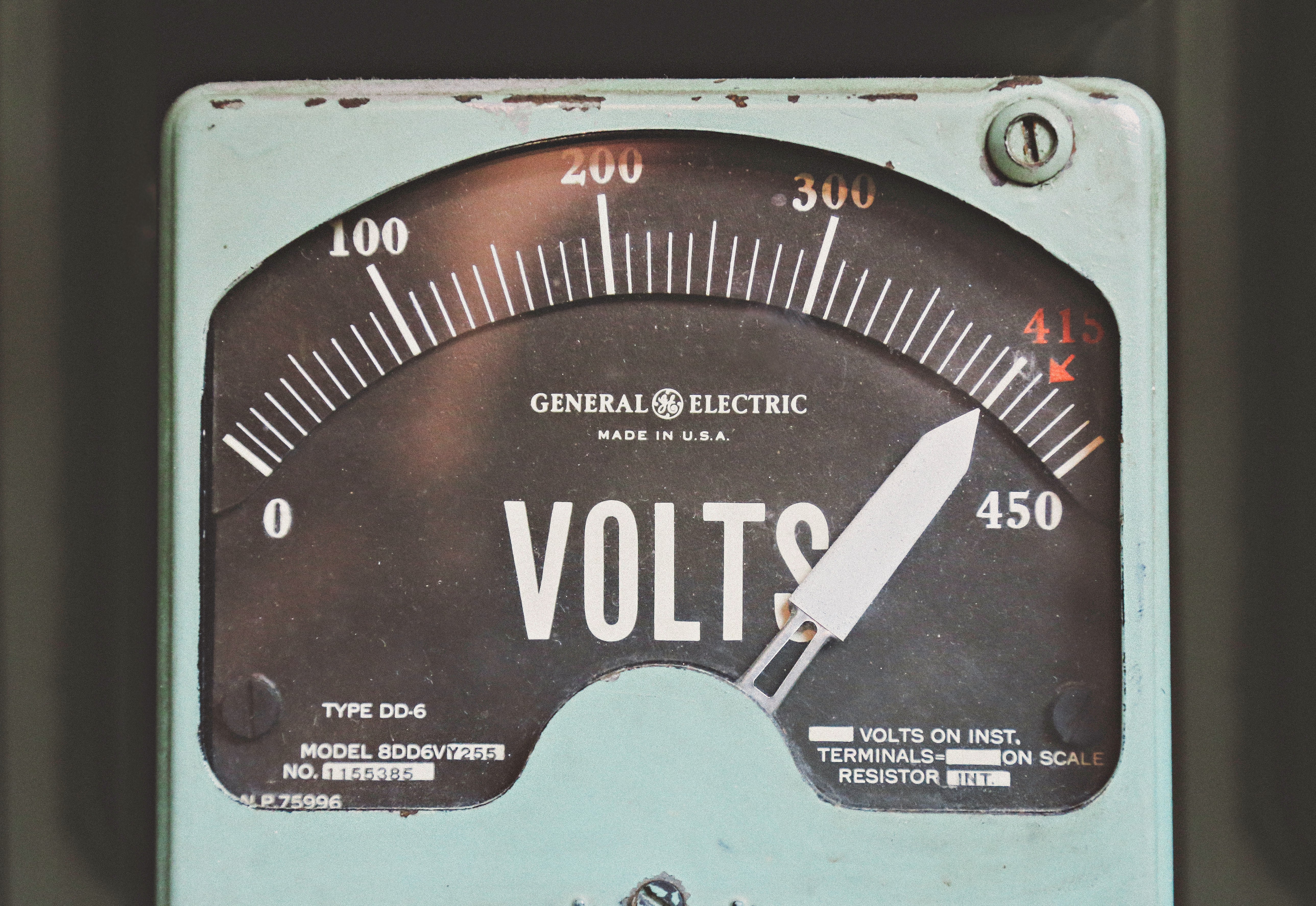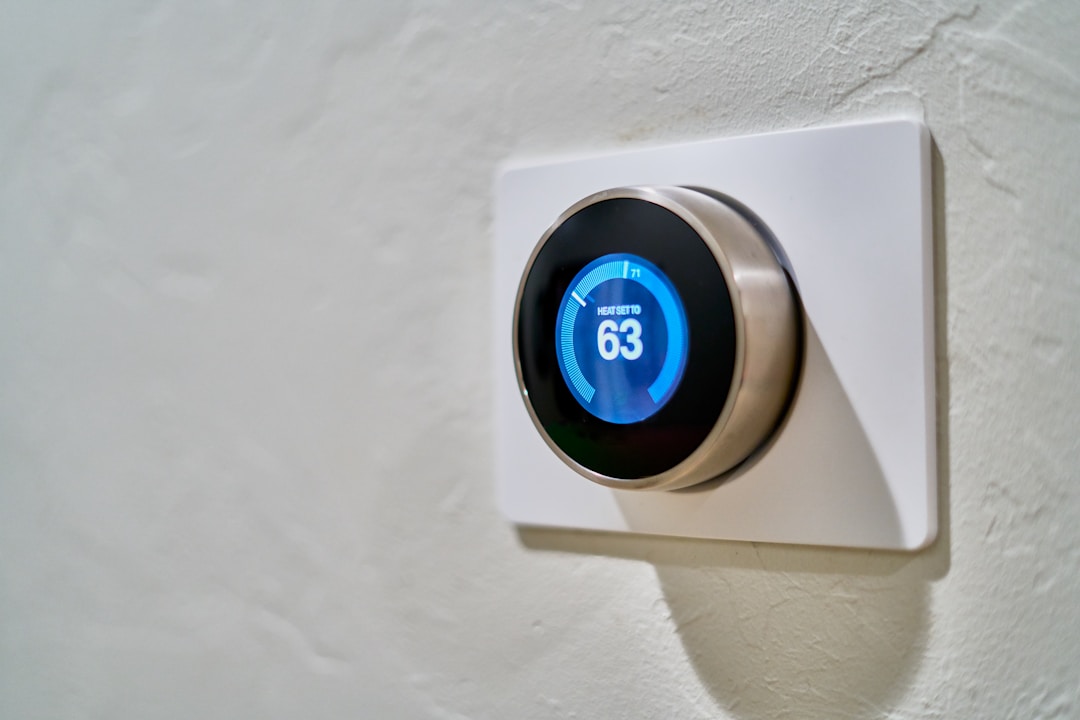
Repair vs. Replace: Your HVAC System
Air conditioning and heating units are among the more expensive investments that we make in our homes. Today, due to advanced technology and increased efficiency standards, the price of a new HVAC system can be over $9,000. Since buying and maintaining HVAC systems is such a large investment, we want to make sure that we are getting optimum performance from them. Unfortunately, no matter how much maintenance and cleaning we do to our systems, at some point, it’ll have to be replaced.
As the HVAC system ages, it becomes prone to mechanical issues and operates less efficiently. Additionally, older systems can lead to increased energy bills and poor air quality. If you begin to notice symptoms from your aging unit such as inconsistent temperatures or higher than usual energy bills, those could be signs that it’s time to replace your HVAC system. Let’s take a look at how you can tell if your HVAC system should be repaired or replaced.
HVAC System Age

An HVAC unit lasts on average 10 to 15 years. It’s not uncommon, however, for older HVAC systems to last 20 years if they are well maintained and regularly serviced. As the unit ages, though, it will typically begin to experience more problems and use more energy.
If you experience a catastrophic failure from your older system, it will have to be replaced. If you have smaller mechanical issues, however, it might be worth it to repair the problem. As the system begins to deteriorate with age, you might encounter extensive repairs and more frequent interruptions.
If this is the case, you will need to weigh the cost of continued repairs versus replacement. In the long run, it could prove to be less expensive to invest in a new system.
High Energy Bills

Just as your older car doesn’t run as well as it used to, your HVAC unit also might not be performing like it once did. As a result, an older HVAC unit could mean costly maintenance bills and significant energy usage. With advancements in technology and energy management, HVAC systems are much more efficient than they were just 10 years ago.
The most efficient HVAC equipment today has a U.S. Department of Energy Seasonal Energy Efficiency Rating (SEER) that is higher than 16. If your unit has a SEER that is less than 13, you are paying increased energy bills as a result of your HVAC. Even though your older unit is still operating, it could be very inefficient. To avoid these unnecessary energy costs due to inadequate equipment, it might be a good idea to invest in a new HVAC system.
A new system could mean significant energy savings as well as cost savings on utilities. While it might cost more upfront, high-efficiency units with excellent energy star ratings could pay off in the long run with lower utility bills.
Inconsistent Temperatures

If you notice areas or rooms in your home with varying temperatures, it could be a sign that your air conditioner or furnace is having a hard time keeping up. Even with thermostat adjustments, if your HVAC unit is struggling to produce enough cool air or heat, it might be time to repair or replace your system. The inability to produce the desired temperature consistently could be the result of old or broken equipment like the compressor, condenser, or chiller.
Additionally, uneven temperatures could mean that your unit is nearing the end of its life. Some of these problems can be fixed with repairs and will allow you to continue using your unit. You will want to consult a professional technician, however, to help you determine if a system replacement is the best solution.
The best way to ensure that your HVAC unit is running efficiently and prolong its life is by conducting regular maintenance and service with a professional HVAC contractor. At some point, however, even regular maintenance and cleaning won’t be effective against an aging unit.
Varying energy bills, inconsistent temperatures, and an older unit could indicate that you need a technician. You should weigh the benefits of repair versus replacement and make the best choice for your home.
